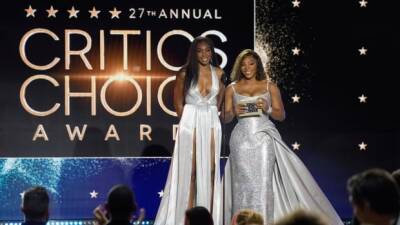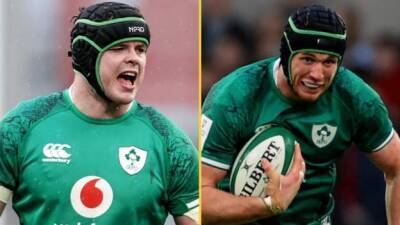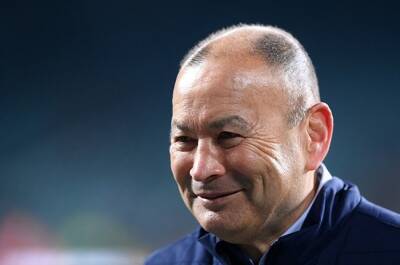The athlete's voice is an effective one, and should be given greater support and protection
This is a column by Shireen Ahmed, who writes opinion for CBC Sports. For more information about CBC's Opinion section, please see the FAQ.
As Russian forces moved into the Ukrainian capital of Kyiv, I wondered how long it would take for the sports world to react.
Sports is not new to violent conflict, political protest or to athlete activism. Political strife has never been divorced from sports. Black women of the WNBA have led protests, media blackouts, faced fines and been committed to campaigns long before the murder of George Floyd by a Minneapolis police officer in 2020. There are legions of athlete activists who have created a precedent for protesting on global issues or speaking up in the face of injustice and oppression. And it has certainly increased.
Last week, Russian soccer national and Dynamo Moscow player Fedor Smolov put a post on Instagram voicing his opposition to the invasion of Ukraine. Also, Russia's Andrey Rublev wrote "No war please" on the lens of a broadcast camera at a tournament in Dubai that he went on to win. Both are bold moves from athletes from a country where dissent is not encouraged.
WATCH | Andrey Rublev's plea for peace:
Even in the world of chess, Russian grandmaster Ian Nepomniachtchi, using a #saynotowar hashtag, and his compatriot, world champion Alexandra Kosteniuk, posted social media messages illustrating their opposition to the war.
История видела немало чёрных четвергов. Но сегодняшний чернее прочих. <a href="https://twitter.com/hashtag/%D0%BD%D0%B5%D1%82%D0%B2%D0%BE%D0%B9%D0%BD%D0%B5?src=hash&ref_src=twsrc%5Etfw">#нетвойне</a> <a href="https://twitter.com/hashtag/saynotowar?src=hash&ref_src=twsrc%5Etfw">#saynotowar</a>
On the other side, Ukrainian footballer





